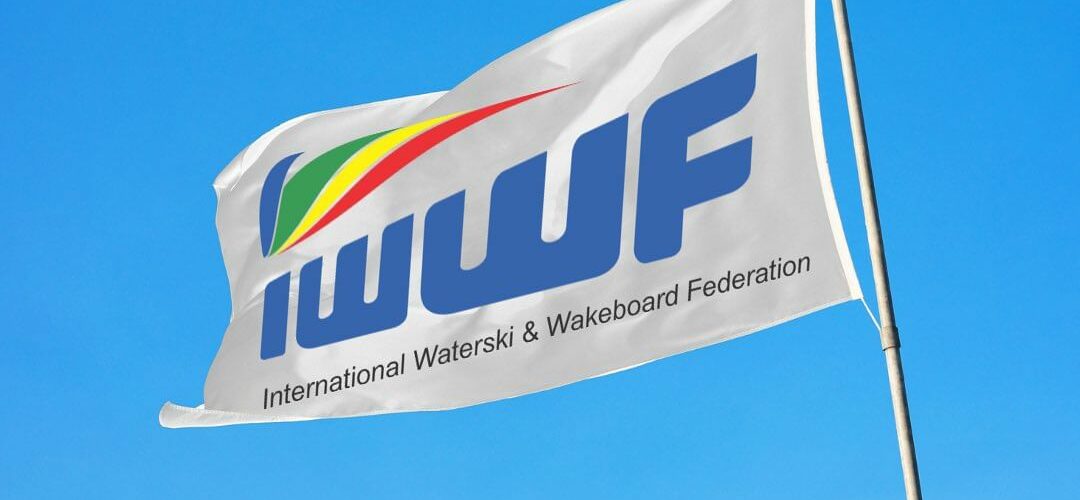The International Waterski and Wakeboard Federation (IWWF) has announced the initiation of the inaugural IWWF World Wakesurf Championships. Slated to take place at Tai Po Waterfront Park in Hong Kong from November 3rd to 10th, 2024, the event is a bold step into the realm of wakesurfing, perhaps signaling a potential shift in priorities within the water sports community.
Noteworthy is the decision to offer a cash prize of $30,000 for the Open Men and Women’s skim and surf categories. This is a departure from the tradition upheld by the World Waterski Championships, which have historically maintained an amateur status.
The choice of Hong Kong as the host is strategic, given the sport’s rising popularity in the region. Hong Kong, China Waterski Association (HKCWA) President, Michael Chow, expressed excitement, stating, “We are very excited to welcome wakesurf athletes and supporters from all over the world, and we will do our utmost best to be the very best host during their stay in Hong Kong.”
Despite wakesurfing gaining global traction, its organized participation is still hugely overshadowed by water skiing. In 2023, there were fewer than 20 IWWF-sanctioned wakesurf events, significantly less than the almost 600 IWWF-sanctioned water ski events. Additionally, the IWWF currently has 500 active wakesurf athletes, a stark contrast to the 12,700 registered water ski athletes.
Financially, the IWWF’s revenue stream has shifted in recent years. The majority of their annual income is now generated through EMS license fees, with water skiing dwarfing wakesurfing in funding. However, the organization’s primary source of income used to be sanction fees from titled events. It is possible that the inauguration of a Wakesurf World Championships might help address some of these revenue disparities.
In a parallel development, the International World Games Association (IWGA) has excluded water skiing from the 2025 World Games in Chengdu, China, breaking a tradition that endured since 1981. Instead, the spotlight will be on wakeboarding and wakesurfing, making its debut. The decision raises questions about the federation’s vision for the future.
The IWWF’s stated mission is to advance and service all towed water sports, so we should not be surprised when they promote other disciplines. There is significant crossover between the target audience for all towed water sports, so isolating water skiing has been unproductive in the past.
The reality is that, as much as critics within the water skiing community express reservations about the potential sidelining of traditional three-event water skiing, the IWWF’s hands are largely tied. The exclusion of water skiing from the World Games was primarily driven by the host country, China, and hosting a titled wakesurf event is necessary to select athletes for the Games. While traditional three-event skiing might be on the periphery, the wakeboarding and wakesurfing community welcomes the opportunity.
As the IWWF embarks on organizing the 1st World Wakesurf Championships, the water ski community watches closely, wondering if this move signals a broader transition in the industry and water sports organizations worldwide.




































